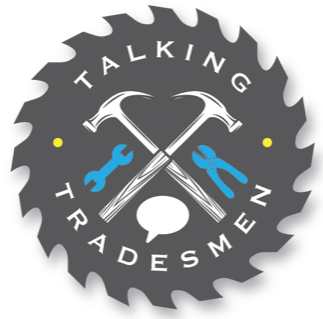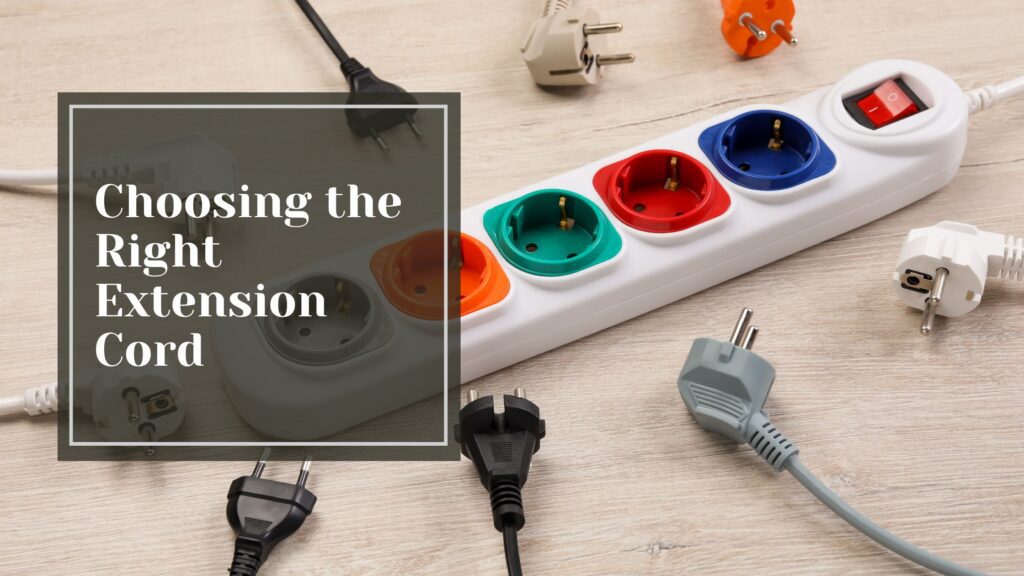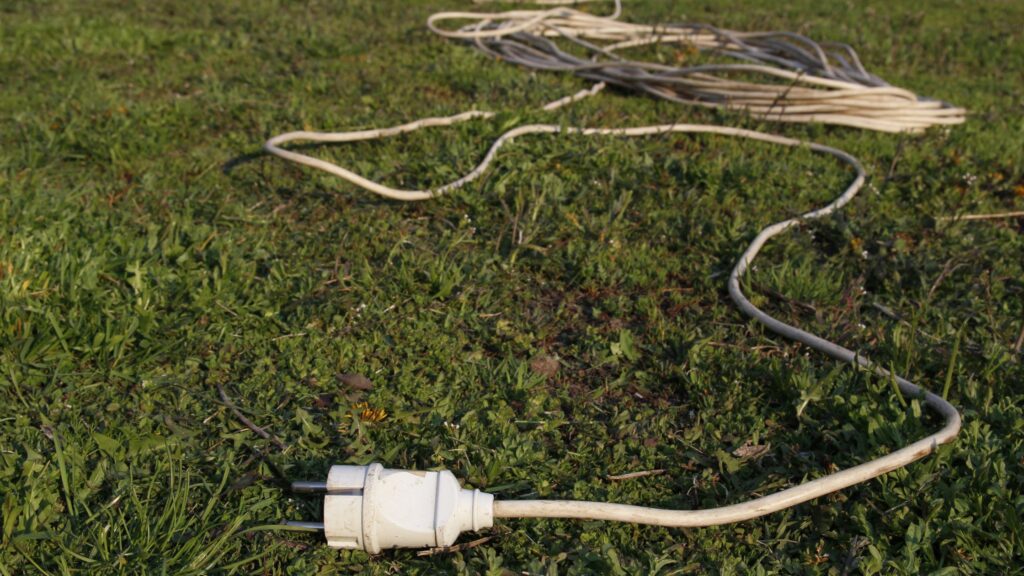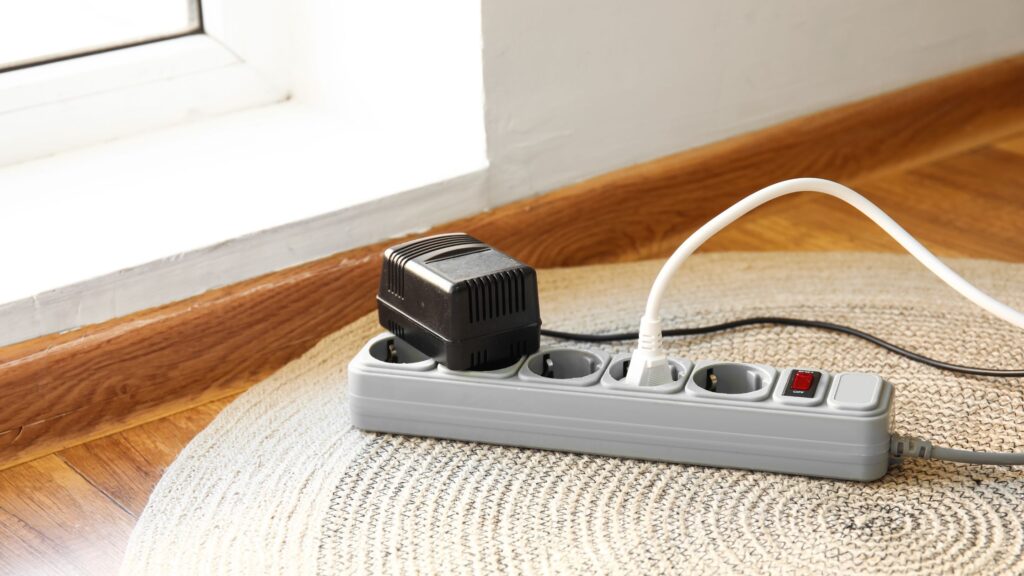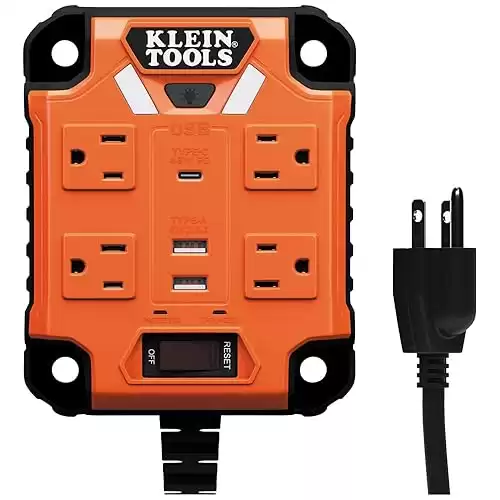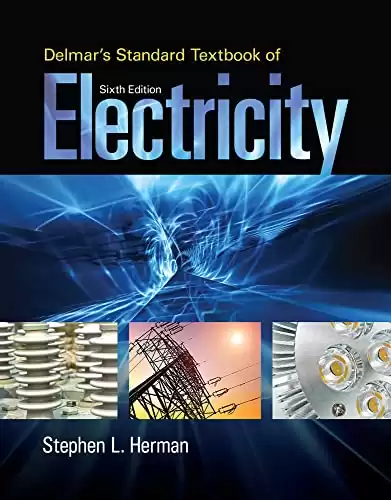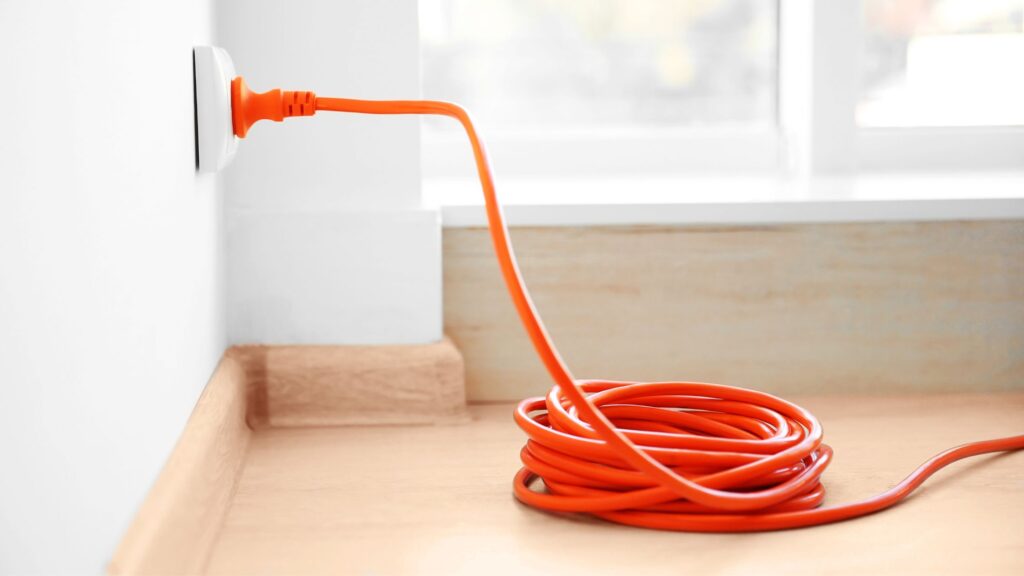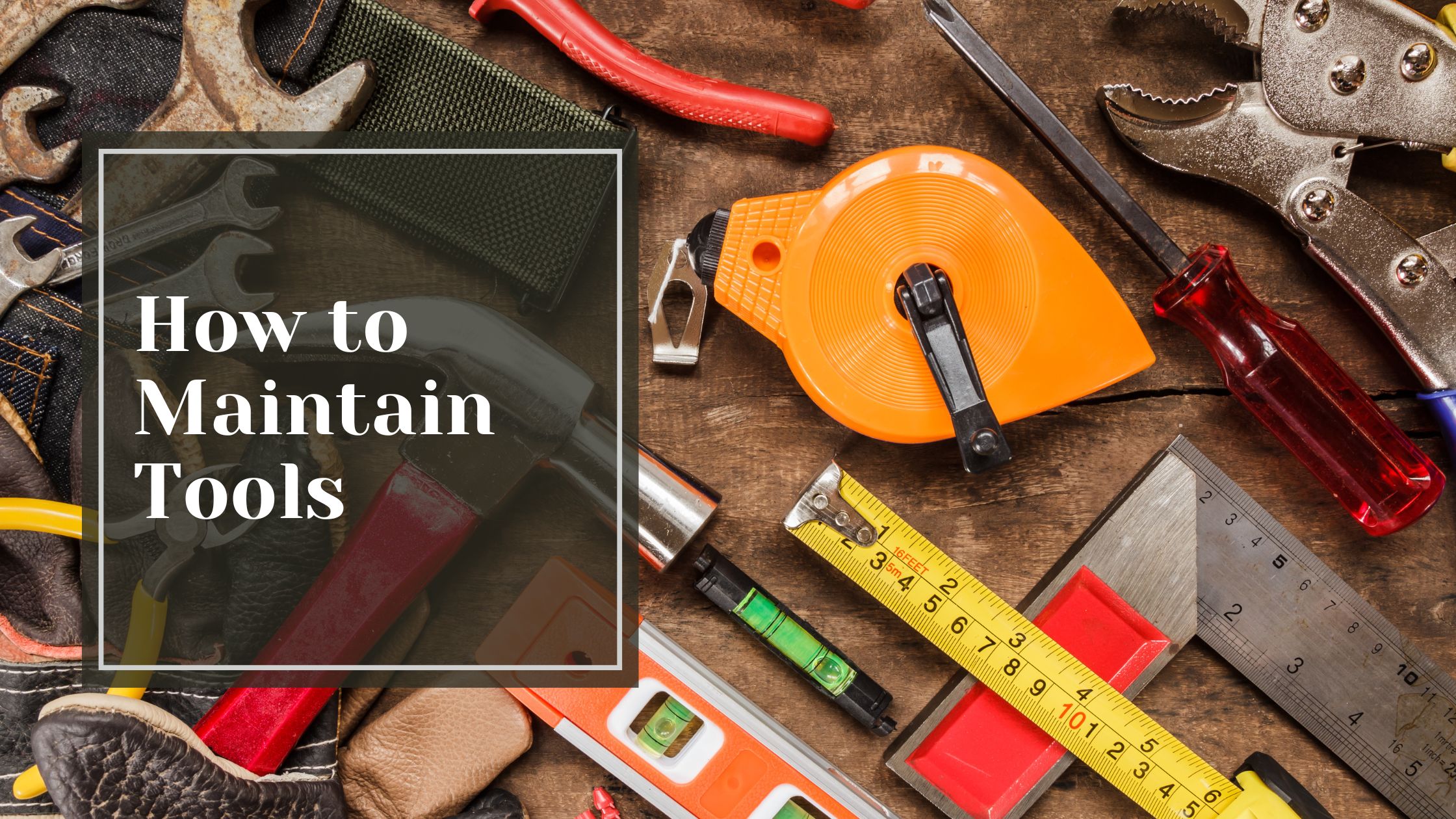Have you ever found yourself in a fix with a bunch of electric cords? You are not the only one. When it comes to hanging holiday decorations or even using the tools in the garage, it becomes a great electrical puzzle to select an extension cord that works well. But don’t worry about that, we’ll be glad to recommend it to you. In this here at Talking Tradesmen, we will explain the mysteries of extension cords and show how to choose the right one for your purpose.
Table of Contents
Toggle
Understanding the Different Types of Extension Cords
Indoor vs. Outdoor Cords
First things first: Are you going to use the cord indoors or are you going to take it outside? Indoor cords do not have bulky construction and are more flexible, so they are ideal for some table lamps in the living room or desk equipment in the office but take it outside and it’s a whole other story. Outdoor cords have thicker insulation which defends against extreme heat, cold, moisture, and ultraviolet radiation. They are the climbers of the cord family tree.
Gauge Matters
Have you ever noticed those numbers on extension cords? That’s the wire gauge and it is very important. The lower the number, the thicker the wire. A cord with a 14-gauge will be able to sustain a higher amperage than one that has a 16-gauge cord. For instance, the cord is like a 14-gauge cord, it has to be broad like a superhighway road, whereas a so 16-gauge is more like, well, country road. Choose according to the device you want to switch on.
Length Considerations
When it comes to extension cords longer is not always better. Long extension cords mean a long distance between the socket and the gadget and that means there will be some volume of resistance that will lead to potential energy loss in the form of a voltage drop. It is like drinking a thick milkshake using a long straw. Do power cables of any sort try to be as short as possible? Yes.
Special Features
Some cords have additional features. Some of these include:
- GFCI for protection especially if used outside.
- On/off indicators/Lighted ends for assuring that power is present.
- More than one socket allows the utilization of more than one electric appliance at the same time.
Important Factors to Consider When Choosing an Extension Cord
In terms of extension cord selection, you don’t just pick the first one you look at. There are several factors you would be looking at to make sure that you look safe as well as efficient and these are important factors.
Length Matters
First things first – size up your space appropriately and understand the range of the power you need. Now how far does that power have to go? It is common to want to reach for the longest cord that you can find, but here’s a pro secret: use the least distance that will achieve the purpose. Why? Excessive length presents the disadvantage of voltage drop, hence little power to devices. Besides, the long cords are also unfriendly as they tend to present a tripping risk when coiled on the floor.
Gauge Your Needs
Now, let’s talk about gauge – and no, we’re not discussing your car’s dashboard. In the world of extension cords, gauge refers to the thickness of the wire. Here’s the deal: the lower the gauge number, the thicker the wire. Thicker wires can handle more power, which is crucial for heavy-duty appliances. For light tasks like charging your phone, a higher gauge (thinner wire) will do just fine.
Amp It Up
Next up: amperage. This is all about how much electrical current your cord can safely carry. Most household outlets provide 15 to 20 amps, so make sure your extension cord can handle at least that much. If you’re powering up something beefy like a space heater or power tool, you’ll want a cord with a higher amp rating to avoid overheating.
Indoor vs. Outdoor Use
Last but not least, consider where you’ll be using your cord. Indoor cords aren’t built to withstand the elements, so if you’re planning on some outdoor action, look for cords specifically labeled for exterior use. These tough cookies are designed to resist moisture, temperature changes, and UV rays, keeping you safe whether you’re decking the halls or mowing the lawn.
Matching the Right Gauge Extension Cord for Your Needs
When it comes to extension cords, size does matter. The gauge of an extension cord determines its capacity to carry electrical current safely. Let’s dive into how to match the right gauge to your needs.
Understanding Wire Gauge
Wire gauge is a measure of the cord’s thickness – the lower the number, the thicker the wire. For example, a 12-gauge cord is thicker than a 16-gauge cord. Thicker wires can handle more electrical current without overheating.
Here’s a quick reference:
- 16-gauge: Light-duty, for lamps and small appliances
- 14-gauge: Medium-duty, for power tools and larger appliances
- 12-gauge: Heavy-duty, for high-draw tools and outdoor use
Calculating Your Power Needs
To choose the right gauge, you need to know the amperage draw of your devices. Check the label or manual for this information. Add up the amps if you’re using multiple devices on one cord.
Length Matters Too
The longer the cord, the more resistance it has. This means you might need a thicker gauge for longer distances. For example, a 100-foot 16-gauge cord isn’t suitable for the same devices as a 25-foot 16-gauge cord.
As a rule of thumb:
- For lengths up to 25 feet: Use the gauge that matches your amp needs
- For 25-50 feet: Go one gauge thicker
- For 50-100 feet: Go two gauges thicker
The Klein Tools 29601 Magnetic Power Cord Protector is a durable, magnetic extension cord accessory designed to safeguard your cords and plug connections from wear and damage. Ideal for both indoor and outdoor use, it securely fastens to metal surfaces, keeping cords organized and preventing accidental disconnections. With its rugged design and versatile compatibility, it’s perfect for construction sites, workshops, and home projects, ensuring safe and efficient power delivery for your tools and devices.
Safety Tips for Using Extension Cords
Extension cords can be incredibly handy, but they also come with some risks if not used properly. Let’s dive into some essential safety tips to keep in mind when using these convenient power extenders.
Inspect Before Use
Before plugging in that extension cord, take a moment to give it a once-over. Look for any signs of damage like frayed wires, cracks in the insulation, or bent prongs. If you spot any issues, it’s time to retire that cord and get a new one. Remember, a damaged cord isn’t just ineffective—it’s downright dangerous.
Mind Your Environment
Where you’re using your extension cord matters big time. Keep them away from water sources like sinks or puddles. If you’re using one outdoors, make sure it’s specifically rated for exterior use. And here’s a pro tip: never run cords under carpets or rugs. It might look neater, but it’s a fire hazard waiting to happen.
Don’t Overload
It’s tempting to use your extension cord as a catch-all power source but resist the urge to plug in too many devices. Each cord has a maximum amperage rating—stick to it! Overloading can lead to overheating and potentially start a fire. When in doubt, use multiple cords or invest in a power strip with built-in circuit protection.
Proper Storage Matters
When you’re done using your extension cord, don’t just toss it in a tangled heap. Gently coil it up and store it in a cool, dry place. Avoid hanging cords on nails or sharp edges, as this can damage the insulation over time. A little TLC goes a long way in extending the life of your cord and keeping it safe for future use.
Master the fundamentals of electrical systems with 'Delmar's Standard Textbook of Electricity.' Ideal for journeyman electricians, this concise guide covers essential principles for installing, repairing, and troubleshooting electrical components.
Choosing the Right Extension Cord
As you have read, remember to choose the right gauge extension cord based on the total power requirements of the devices you’ll be plugging in. Aim for at least a 12 or 14-gauge cord for most uses. Inspect your extension cords before each use to ensure there is no damage or wear and tear. Replace cords showing any signs of damage. Avoid overloading extension cords. Use power strips with built-in circuit protection if needed. Properly store extension cords when not in use to extend their lifespan. Coil them gently and place them in a cool, dry location. Be mindful of your environment. Only use outdoor-rated extension cords outdoors and keep all cords away from water. Following these guidelines will help ensure your extension cords are used safely and effectively for years to come. Don’t hesitate to reach out if you have any other questions! Stay safe and happy power extending.
Frequently Asked Questions
How Do I Choose The Right Extension Cord?
To Choose The Right Extension Cord, Consider The Gauge, Length, And Whether It’s For Indoor Or Outdoor Use. Check The Power Requirements Of Your Devices To Avoid Overloading.
What Is The Difference Between Indoor And Outdoor Extension Cords?
Indoor Cords Are Thinner And More Flexible, Designed For Indoor Use. Outdoor Cords Have Thicker Insulation To Withstand Weather Conditions Like Heat, Cold, And Moisture.
Why Does Gauge Matter When Choosing An Extension Cord?
Gauge Refers To The Thickness Of The Cord’s Wire. A Lower Gauge Number Means A Thicker Wire, Which Can Handle More Power Safely.
How Does Cord Length Affect Performance?
Longer Cords Can Lead To Voltage Drop, Reducing The Power Delivered To Your Devices. It’s Best To Use The Shortest Cord That Fits Your Needs.
What Safety Features Should I Look For In An Extension Cord?
Look For Features Like Ground Fault Circuit Interrupters (GFCI), Lighted Ends To Show Power Status, And Multiple Sockets For Added Convenience.
